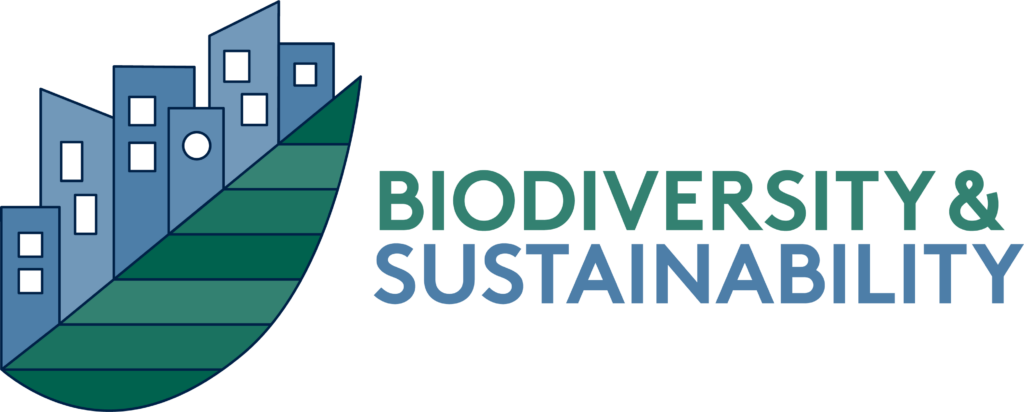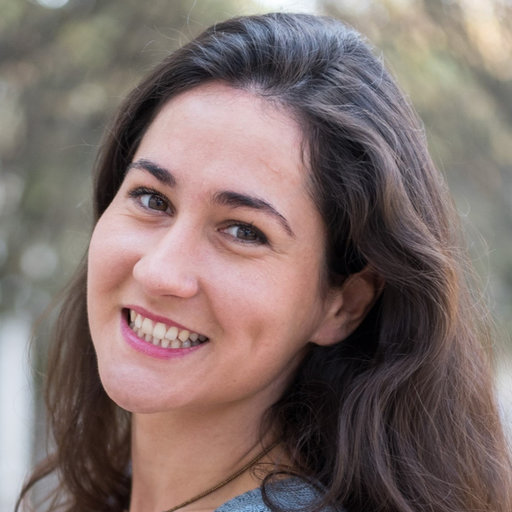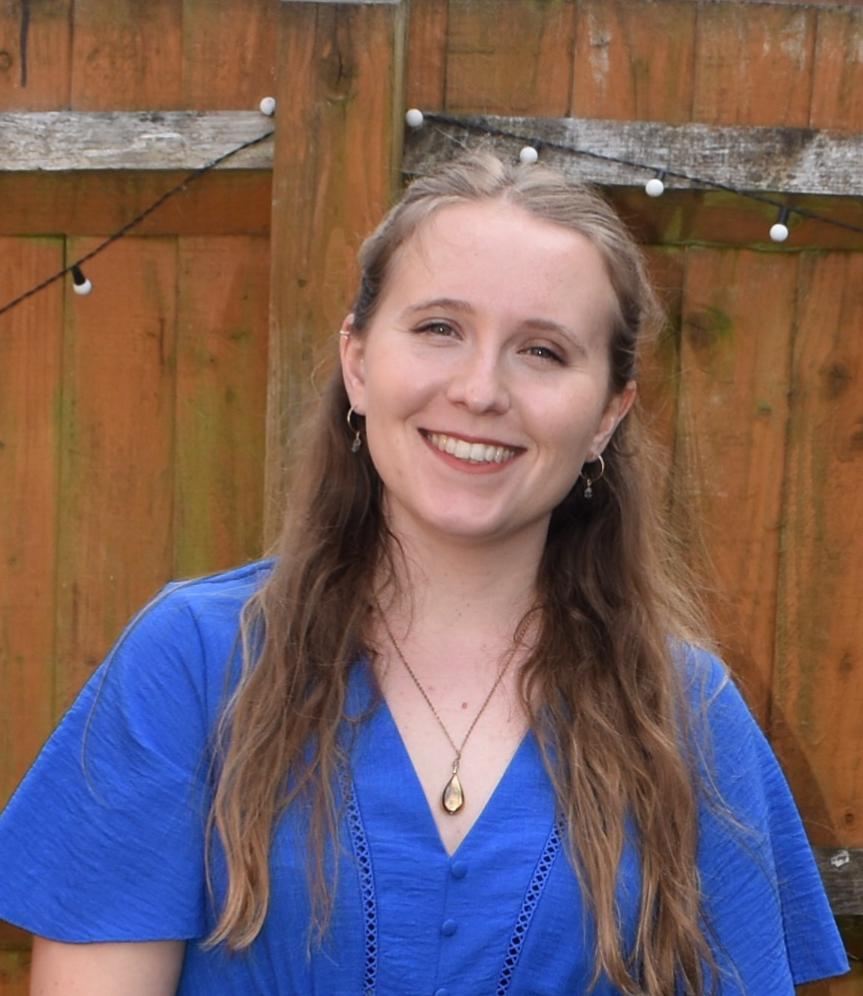
Unlocking the Potential of Protected Areas: Local Perceptions and Ecotourism Opportunities in MFNP
Central to tackling the accelerating decline in wildlife populations is the establishment of protected areas (PAs), but the value of PAs in protecting biological resources is variable, and collaborative management with local people is key to achieving their conservation goals. Many PA management techniques are associated with human rights violations and loss of trust, weakening local support for the PA, and causing unintended negative biodiversity consequences. Instead, it is vital that local communities are uplifted by the presence of a PA, with clear pathways for community engagement and professional development.
Communities living adjacent to PAs may benefit from this proximity, for example through services such as crop pollination and soil fertility, and access to resources such as firewood. PAs may also play a crucial role in reducing poverty rates, for example through revenue-sharing schemes, such as that of the Uganda Wildlife Authority, which directs 20% of tourism income to local community projects. However, it is unclear whether these benefits reach local communities in full, or if barriers such as corruption get in the way. If these benefits do reach local people, are they sufficient to counteract the hardships brought upon by the PA, such as crop destruction by wildlife? Additionally, whilst ecotourism could provide more stable, better-paid job opportunities, there are many technical, institutional, and cultural barriers to such employment, from the lack of training opportunities to competition with people from cities to the absence of clear information channels. This study aims to gain a better understanding of the perceptions and attitudes of communities surrounding Murchison Falls National Park (MFNP), the largest PA in Uganda, using semi-structured household surveys in 54 villages bordering the park. This will enable us to quantify the different types, and range of, benefits that households perceive to derive from the park.




